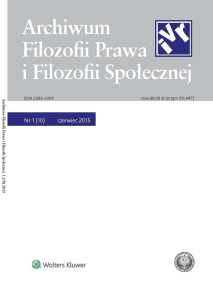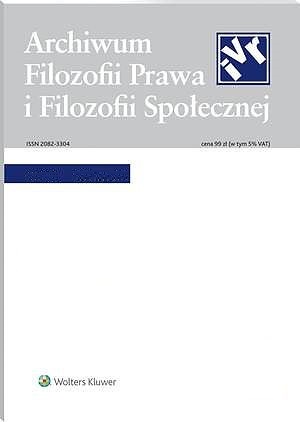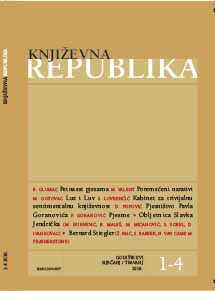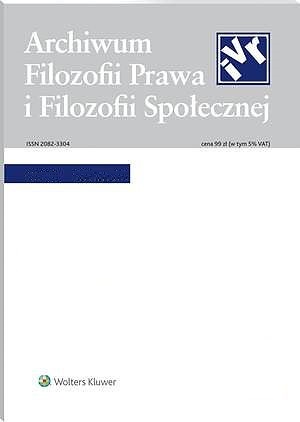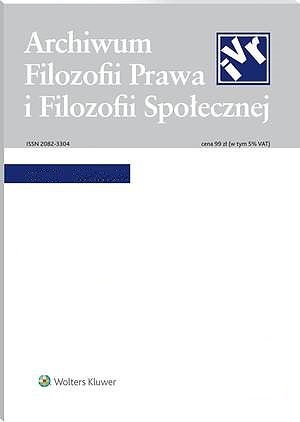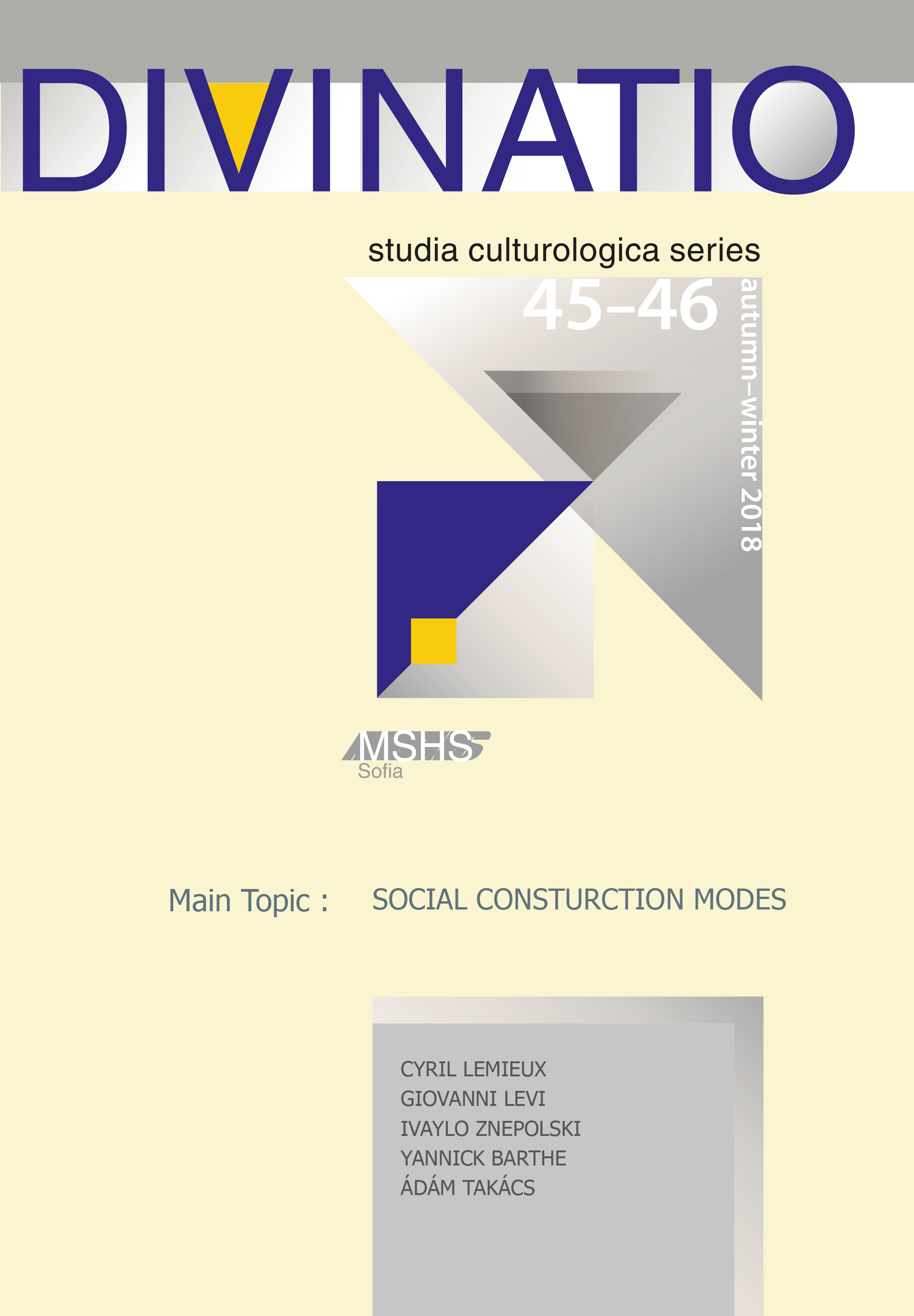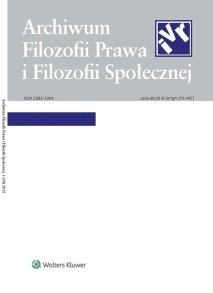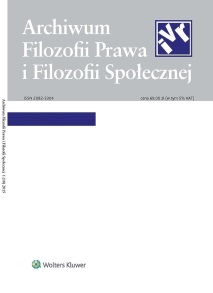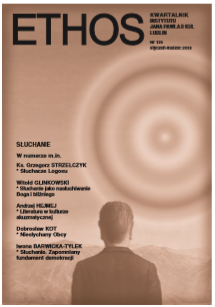Author(s): Željko Kaluđerović / Language(s): Serbian
Issue: 13/2010
Plato is a thinker who puts the concept of justice into the very center of philosophical discussion. His concept of dikaiosyne, as a virtue which is in essence related to the essence of the state, is elaborately defined in the dialogue The Republic, although in other works (Charmides, Protagoras, Gorgias, Symposium) we can also see views related to its philosophical understanding. Plato particularly emphasizes the universality and permanence of the concept of justice, its substantial significance for the proper state of the human soul and the alignment of three distinct parts of the soul, as well as the connection to the threefold social rank basis of the best politeia, and differentiated forms of the rule, developed, in addition to the Republic, in Statesman and Laws. The most commonly noted concept of justice, which sublimes its concept “in general”, is presented in Δ book of The Republic: “This, then, I said, my friend, if taken in a certain sense appears to be justice, this principle of doing one’s own business.” Plato advocates Sophocracy, i.e. the political rule of the philosophers, being of the opinion that only in such a form of constitution it is possible to realize a complete harmony, the agreement of spheres of practical life, but also the adequacy and the equivalence of giving and taking on behalf of free citizens of a polis and the very polis. The justice in the Kingship i.e. in Aristocracy should be applied, primarily based on the principle of geometrical equality, while arithmetical equality would be only an auxiliary means to mitigate increased tensions in the classical polis of Plato’s times.
More...


